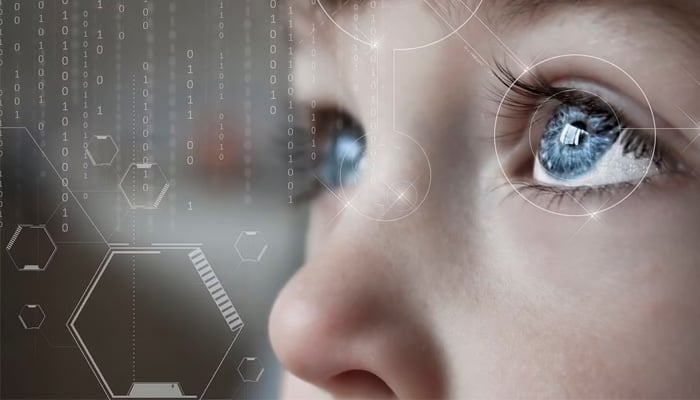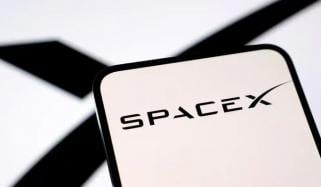
Researchers at Karolinska Institutet have developed an AI model that can detect autism in children under the age of two, using limited information.
The innovative model, called AutMedAI, has shown an impressive accuracy of around 80% in identifying early signs of autism.
The research team, led by Shyam Rajagopalan, analyzed data from the US-based SPARK database, which includes information on approximately 30,000 individuals with and without autism.
By examining simple factors such as the age of an infant's first smile, first short sentence, and any indications of eating difficulties, the model was able to predict autism in children who are yet to reach 24 months old.
"The results of the study are significant because they show that it is possible to identify individuals who are likely to have autism from relatively limited and readily available information," said Rajagopalan.
He continued, "This can drastically change the conditions for early diagnosis and interventions, and ultimately improve the quality of life for many individuals and their families."
Associate Professor Kristiina Tammimies, who co-authored the study, emphasized the importance of the model's accuracy. "With an accuracy of almost 80% for children under the age of two, we hope that this will be a valuable tool for healthcare professionals."
The research team is now planning further improvements and validation of the model in clinical settings, with the goal of implementing it as a valuable tool for healthcare.
This study, published in JAMA Network Open, was funded by the Swedish Foundation for Strategic Research, Hjärnfonden, and Stratneuro.















